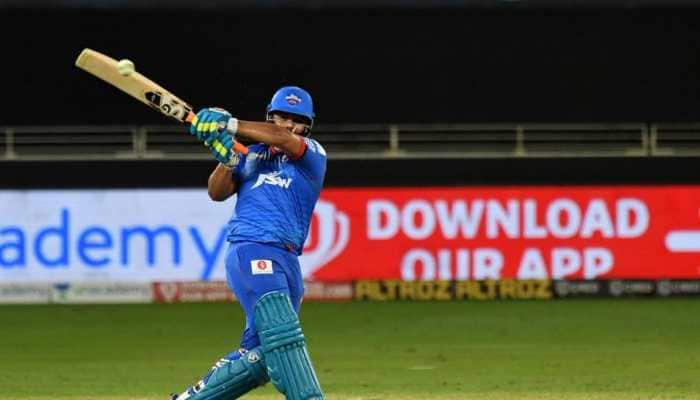Will JNUSU president Kanhaiya Kumar get bail in the JNU sedition case? This is likely to be decided by the Delhi High Court on Wednesday when it resumes hearing on Kanhaiya's bail plea.
Justice Pratibha Rani had on Monday reserved the order after over three hours of hearing on the bail plea of Kanhaiya, who is accused of raising anti-India slogans inside the JNU campus during an event organised on February 9.
During the hearing, while Kanhaiya's counsel had argued that the student leader had never raised any slogans against the nation, the Delhi Police had maintained that there was evidence that he and others were shouting anti-India slogans and were holding Parliament attack convict Afzal Guru's posters.
The police had claimed that Kanhaiya was "not cooperating" in the probe and even came out with "contradictory" statements in joint interrogation by the Intelligence Bureau (IB) and the Delhi Police.
Defence lawyers, including senior advocate Kapil Sibal, had countered the allegations saying there were "some outsiders with covered faces who raised anti-India slogans and Kanhaiya was seen in CCTV footage asking them for their identity cards".
The bench had also asked tough questions to the police on slapping sedition charge on the accused and asked it to show evidence against him of his "active role" in raising anti-India slogans.
Kanhaiya had also distanced himself from Umar Khalid and Anirban Bhattacharya, the two other accused arrested in the case.
During the hearing, the Delhi government's counsel had urged the court to grant bail to Kanhaiya, who is currently in Tihar Jail under judicial custody.
Kanhaiya was arrested on February 12 in the case which was registered under Sections 124A (sedition) and 120B (criminal conspiracy) of the IPC.
According to the police, a group of students had on February 9 held an event in the campus and allegedly shouted slogans against the hanging of Parliament attack convict Guru.
Also Read: Jail or bail for JNUSU president Kanhaiya Kumar? Delhi HC to decide on Wednesday
) File image
File image 






)
)
)
)
)
)
)
)
)
)
